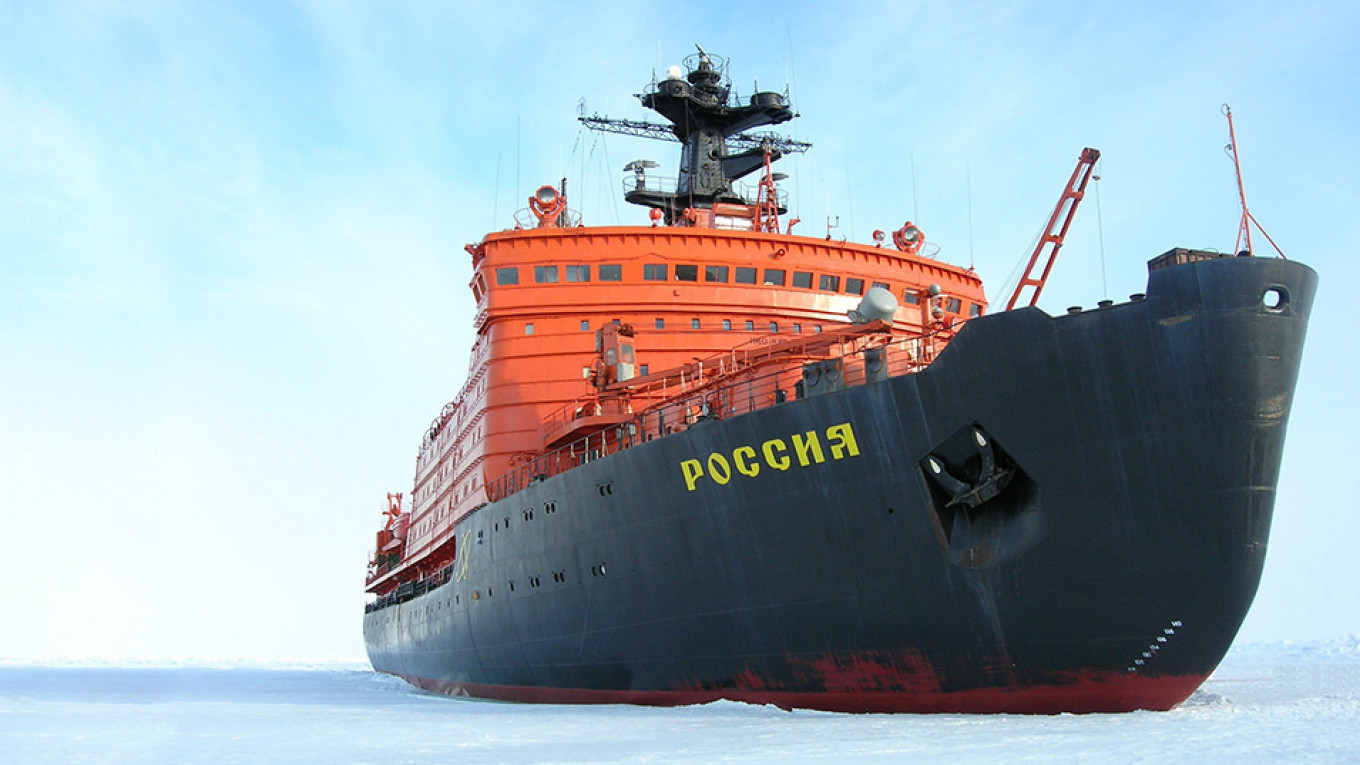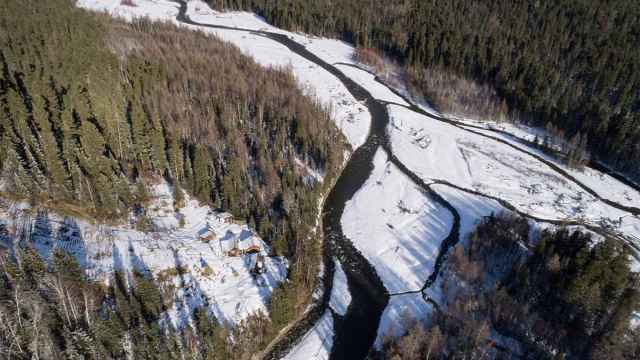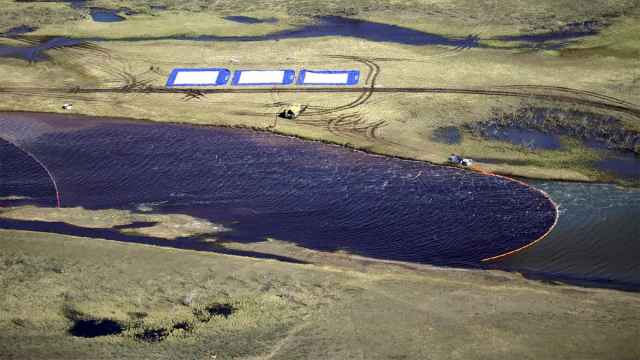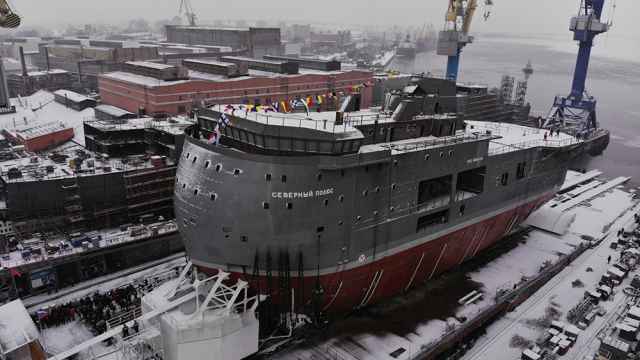Russia is considering offering substantial tax breaks to companies that invest in the Arctic, according to Deputy Prime Minister Igor Trutnev
Trutnev last week told a meeting of the Arctic Commission, the government body for Arctic developments, that investors could have their tax burdens reduced as much two thirds for the duration of projects.
“We are looking at two alternative approaches — one with up to 15-year tax preferences that include zero tax rates on profits and property, land use and extraction, and a second with tax reductions of two thirds for the whole project period,” Trutnev told a press briefing after the meeting.
It is the second option that is the most interesting both for government and the companies, he added.
Large-scale investments are on the tables the government planners. A cost estimate recently presented by the Natural Resources Ministry outlines the need for a total of 10.5 trillion rubles (€143 billion) of private investments in the region over the next ten years. That includes at least 118 different priority projects in the field of new industry and infrastructure, the ministry said.
The Arctic Commission meeting took place during Russia’s Arctic Forum in St. Petersburg, where ministers and diplomats from four Nordic countries were buzzing between top Russian officials in the corridors.
Trutnev met with journalists along with Aleksandr Kozlov, the Minister for the Development of the Far East and Arctic. The two men are now leading figures in Russian Arctic development, Kozlov after his Far East Ministry in January this year had the Arctic added to its responsibilities.
Investments and tax benefits in the Arctic are now at the top of the agendas of government officials. And there is an element of major urgency surrounding the issue.
President Vladimir Putin has made it clear that he is demanding unprecedented development in the region by the time he ends his term in office in 2024, and the government is grappling with the task. Among the president’s key priorities is a boost of annual Northern Sea Route shipping by 80 million tons by 2024.
Government ministers believe this goal is attainable, but they will be fully dependent on private investors in order to succeed.
According to Trutnev, the new investment preferences will be made equally available over the whole Arctic.
“The preferences will be made available for all projects in the whole region,” he said, adding that four categories of projects will be given priority.
These include offshore oil and gas, onshore oil and gas and production of liquified natural gas (LNG). There is also a separate category for all other projects that do not belong in the first three groups, including coal extraction.
A bill on the tax issue is to be handed to government by May, and the new legislation to be adopted by parliament after the summer.
Arctic strategy
The new system of tax benefits for companies investing in the Arctic is part of Russia’s new and updated Arctic Strategy that reportedly is to be completed during the course of this year.
According to Putin, the strategy will cover the period to 2035.
“Special emphasis is placed on the development of transportation and infrastructure,” the president said in his keynote speech to the Arctic Forum.
“We understand very well that this is the foundation, the necessary base for future investments and business initiatives,” he said.
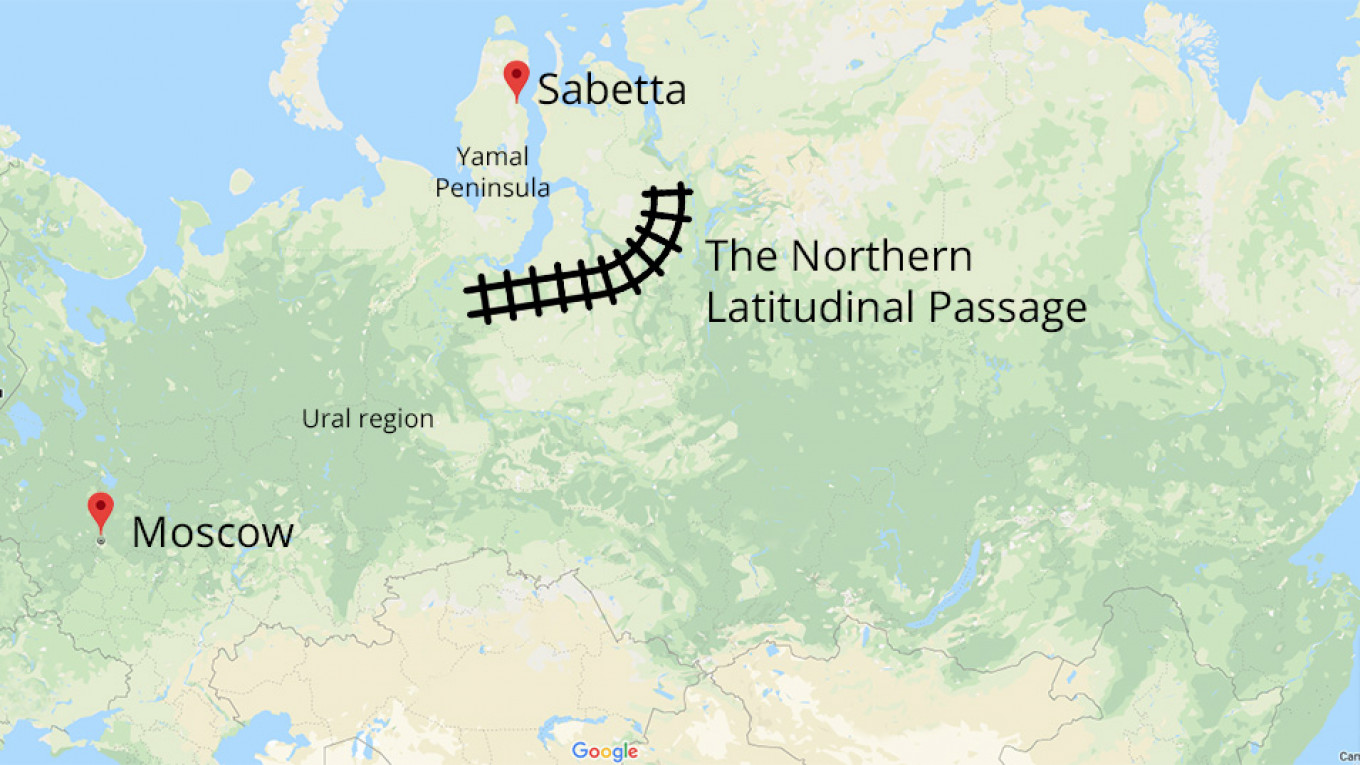
Among the specific projects explicitly mentioned by the president is the Northern Latitudinal Passage, a grand railway development initiative that will link the national rail grid with the Arctic seaport of Sabetta. The railway line will stretch across the River Ob and all the way to the northern top of the Yamal Peninsula and open a new export route for goods produced in the Ural region and West Siberia.
Putin is ready to give what it takes to reach his objectives. That includes slashing taxes for investors.
“Of course, considering the specifics of the Arctic, the preferences for the investors will be more, so to say, progressive, more sustainable,” he said in his speech.
This article first appeared in The Barents Observer.
A Message from The Moscow Times:
Dear readers,
We are facing unprecedented challenges. Russia's Prosecutor General's Office has designated The Moscow Times as an "undesirable" organization, criminalizing our work and putting our staff at risk of prosecution. This follows our earlier unjust labeling as a "foreign agent."
These actions are direct attempts to silence independent journalism in Russia. The authorities claim our work "discredits the decisions of the Russian leadership." We see things differently: we strive to provide accurate, unbiased reporting on Russia.
We, the journalists of The Moscow Times, refuse to be silenced. But to continue our work, we need your help.
Your support, no matter how small, makes a world of difference. If you can, please support us monthly starting from just $2. It's quick to set up, and every contribution makes a significant impact.
By supporting The Moscow Times, you're defending open, independent journalism in the face of repression. Thank you for standing with us.
Remind me later.


